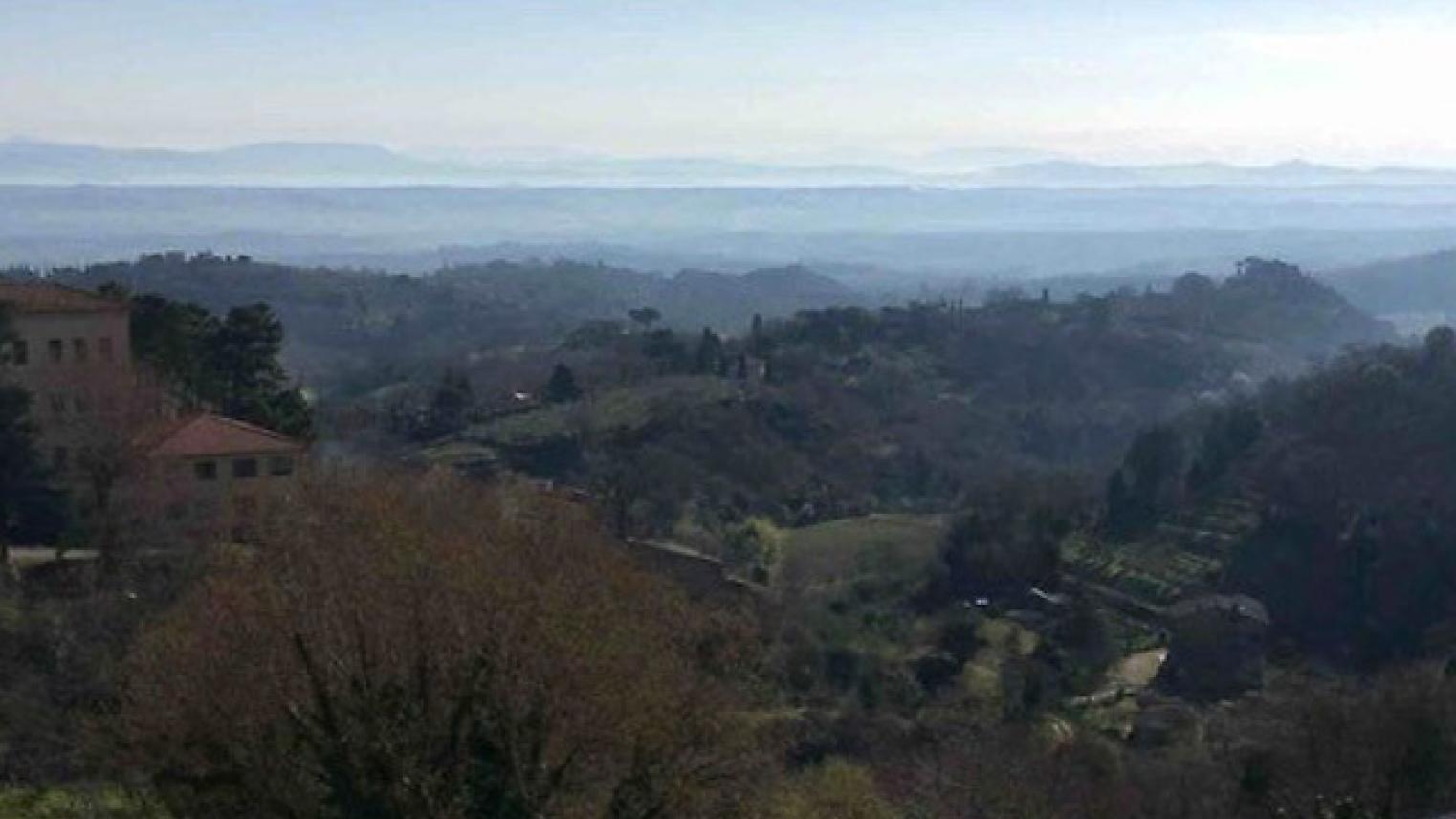Studies of everyday politics and resistance developed initially with a focus on the peasant societies in Southeast Asia. Kerkvliet (2009) elaborated on their description as weapons of the weak grappling with issues of survival under oppressive regimes. He highlighted four techniques or “weapons” that ranged from outright support for the regime to everyday resistance involving covert, indirect, and non-confrontational acts requiring little or no organisation.
I take this taxonomy as an analytical starting point for my research in a rural community of the Val d’Orcia in Tuscany. For twenty years up to July 1943, Italy was ruled by the Fascist dictator Benito Mussolini until he was deposed by his own Grand Council. German forces occupied the study area for ten months from September 1943 to July 1944.
My research examines the nature of resistance to this occupation through a case study of an area in the south of the valley bound by the towns of Montepulciano, Monticchiello, Chianciano and Pienza their farming hinterland. I found that practices of everyday resistance among tenant farmers had their roots in the centuries-old Tuscan sharecropping system. Wartime demographics meant that everyday resistance was often the province of women and children and family or community considerations often motivated their acts of resistance. In this wartime rural scenario, local inhabitants and armed partisans formed an integrated resistance to a common enemy.
About the speaker
Judith Pabian is a PhD candidate in the Department of Political and Social Change in the Bell School, ANU College of Asia and the Pacific. She has a Bachelor of Arts (Hons) and Graduate Diploma in Public Policy from The Australian National University. Her research in the field of History is concerned with the historical actors and movements in societies undergoing social and political change.
In this seminar, Judith Pabian examines the nature of resistance to this occupation through a case study of an area in the south of the valley bound by the towns of Montepulciano, Monticchiello, Chianciano and Pienza their farming hinterland.
